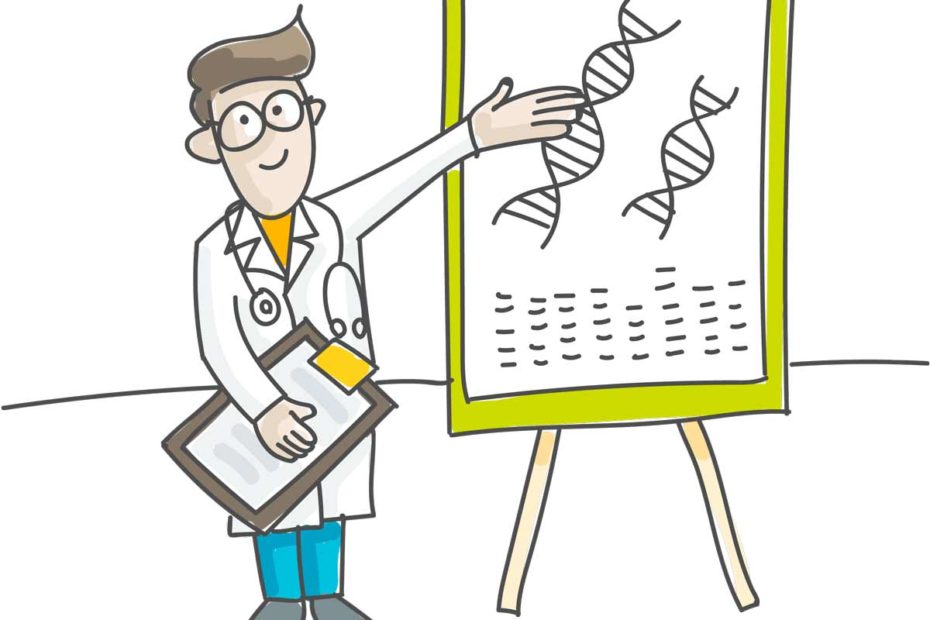Did you know that your DNA works like a manual for your body? It’s the most complicated manual in the universe, but researchers hope that they can learn how to better treat illness and give personalised health advice by reading everyone’s manual. This emerging field is called nutrigenomics and it hopes to eventually create personalised diets and other meal plans that would protect people from food-related conditions such as type 2 diabetes, obesity, heart disease and vitamin deficiencies.
Nutrigenomics is still embryonic, but since the completion of the Human Genome Project in 2003, scientists have been working hard on the deployment of what’s called ‘personalised medicine’. It may not yet be ready to shape your life around, but it is interesting to learn about, especially as a guide to what the future of medicine may hold.
Your DNA manual
Everyday experience shows that different eating habits and lifestyles affect people differently. Studying your genome won’t lead to the creation of your miracle diet or a perfect lifestyle plan for you, since both nature (DNA) and nurture (the life you live) contribute to how your body runs.
From a DNA perspective, it is helpful to understand the different types of genetic variation. Our manuals are around 99.9% identical, but the other 0.1% contributes to a lot of our biological differences between one another. Your eye colour, skin colour, optimal height and any genetic diseases or predispositions you may have are all in that 0.1%. Major genetic differences, like those involving Down’s syndrome or Huntington’s disease involve relatively large amounts of DNA, but actually, a lot of biological variation comes from single-letter changes in your manuals.
Those small changes can be harmful, but they are usually minor, having little or no effect on your body. They are called single nucleotide polymorphisms, or SNPs, and are essential to understanding the goals of nutrigenomics.
The complexity of the human genome
The human genome is incredibly complex. It’s about a thousand times longer than War and Peace and in a language we don’t fully understand. But we’re working on it! One of the biggest advancements in personalised genomics in the last decade has been discovering thousands of SNPs can be associated with different medical conditions. Most SNPs have a very small effect, but, with enough research, their effects can be summed together into a personalised genetic risk score. For example, one study that was released just this year found that an SNP risk score could strongly predict how much the blood triglyceride levels of 200 Canadian participants would benefit from taking omega-3 fatty acids. Blood triglycerides contribute to heart disease, so this appears to be great news. However, the same method of calculating an SNP risk score couldn’t predict the effects on a group of European subjects.
Nutrigenomics has a long way to go, but one day, a simple blood test could potentially tell you which different supplements would benefit you and what type of diet would be best for your body.
In the meantime, you can use our RYH plan! Using cutting-edge nutritional and microbiome science, RYH has been designed to help your body and gut bacteria run their best!
